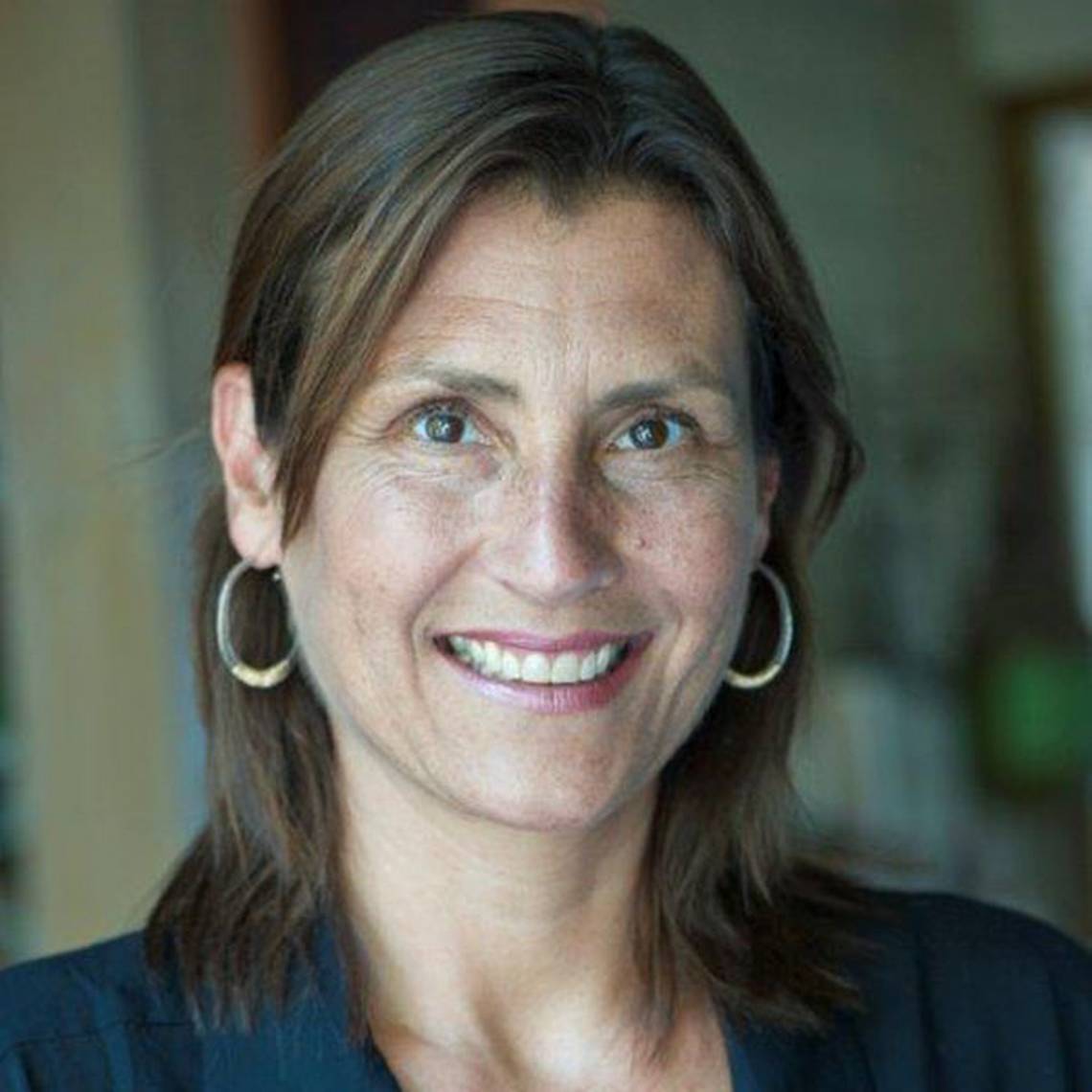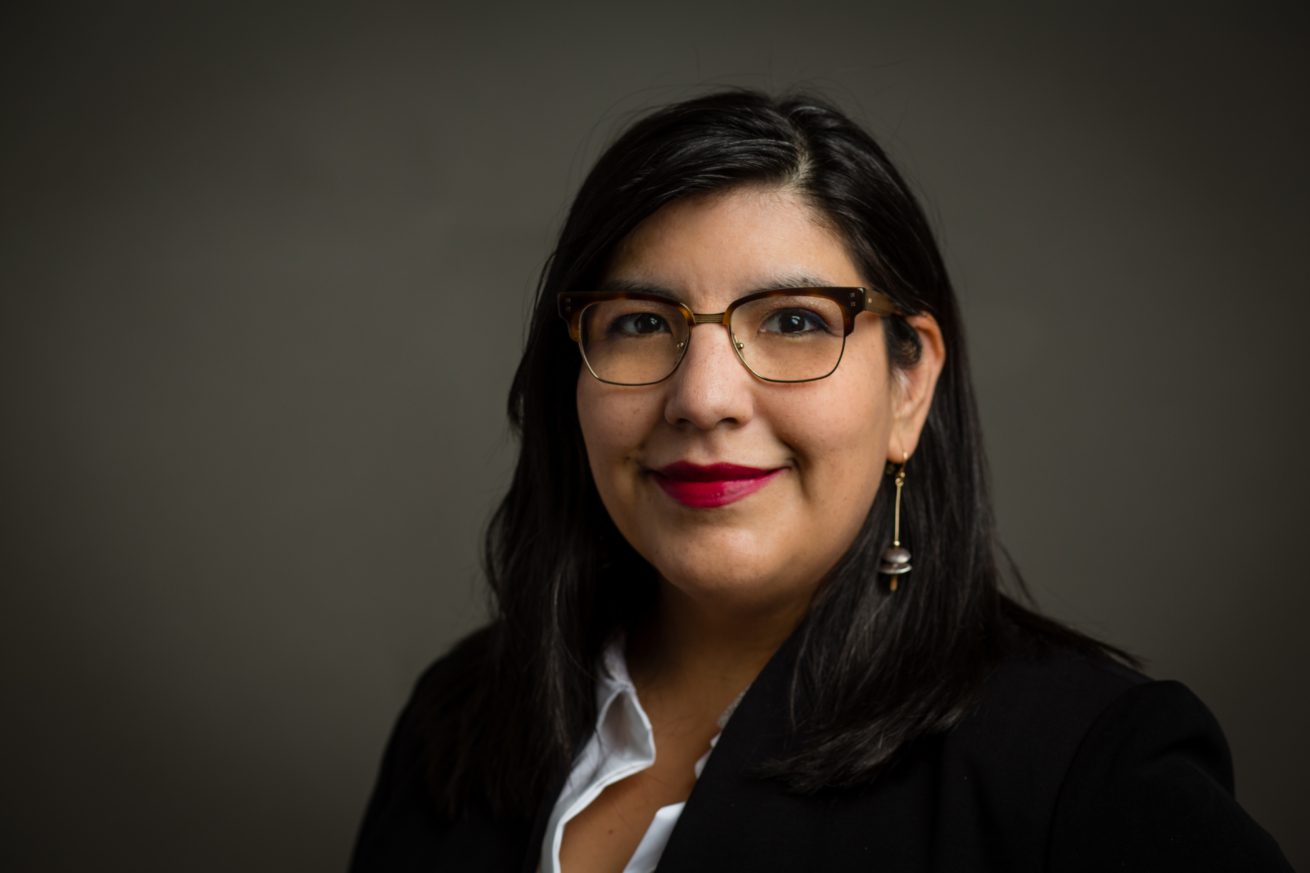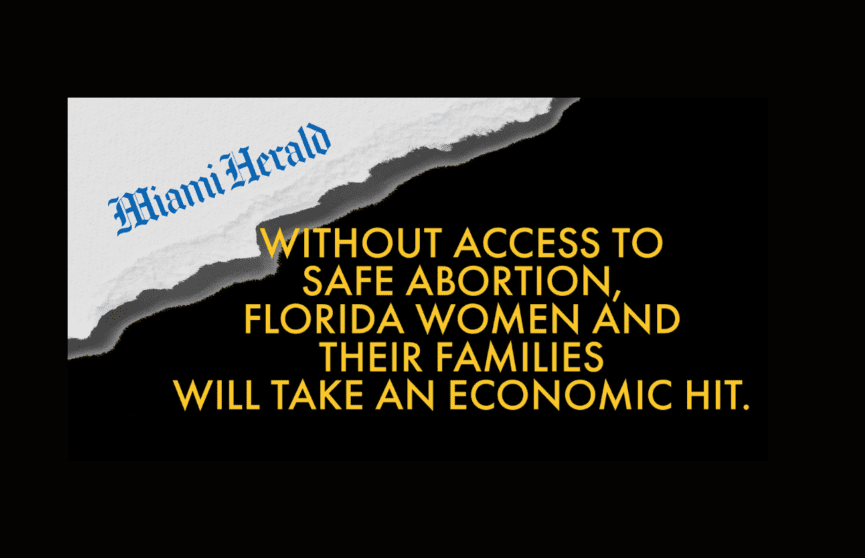This joint op-ed by Marya Meyer, interim executive director of The Women’s Fund Miami-Dade, and WFN President and CEO Elizabeth Barajas-Román was originally featured in the Miami Herald on 2/23/2022
If the Supreme Court overturns Roe v. Wade, many fear that Florida policymakers might try to revoke all abortion rights.
This January marked the 49th anniversary of Roe v. Wade, the landmark U.S. Supreme Court ruling that affirmed that the Constitution protects a pregnant person’s freedom to choose abortion.
Less than a month later, the Florida House passed HB 5 to ban abortions after 15 weeks (the current cutoff is 24 weeks), with no exceptions for rape or incest. The bill is now expected to pass the Senate and go to Gov. DeSantis, who has signaled he will sign it into law.
The Supreme Court is scheduled to rule later this year on similar legislation. If the federal protections of Roe v. Wade are overturned, many predict Florida policymakers will try to further hasten the abortion cutoff — or even revoke all abortion rights.
The legislation raises serious concerns because of its impact on women forced to give birth after surviving a sexual assault, since it provides no exception for rape. Nationally, among adult women, an estimated 32,101 pregnancies result from rape each year. Of women raped by a boyfriend or husband, 30% also experience “reproductive coercion,” where he tried to impregnate her against her will or prevented the use of birth control. It’s factually wrong to assume a woman chose to get pregnant. By legally removing a rape survivor’s option to choose abortion, the same woman who’s been shown she didn’t have agency over her own body is sent that same awful message again.
A recent poll showed 56% of Floridians say abortion should be legal, so this legislation flies in the face of the majority of residents’ beliefs. There’s also an economic imperative for allowing abortions. During the pandemic, a staggering 4.2 million women across the country had to leave the workforce — a full million more women than men — setting women’s labor-force levels back more than 30 years, due, in part, to our caretaking responsibilities while schools, daycares and senior centers were closed. Research suggests women’s employment won’t recover to pre-pandemic levels until 2024. And even “recovering” to that level means Florida women being paid just 85% of what men are paid, with an even bigger gap for minority women.
Forcing pregnancy and childbirth sentences women and their families to generations of poverty. While the majority of people who have an abortion already have one or more children, the most common reason for choosing an abortion is not being able to afford a child. The federal government estimates the average cost of raising a child is over $233,000.
Research shows that when a woman wants to end a pregnancy but is denied that choice, she is more likely to end up living in poverty than someone who was able to get an abortion. The relationship is clear between abortion bans and more families in poverty. Even if a woman who is denied an abortion places the baby for adoption, she still has a massive labor and delivery hospital bill, which in Florida averages $22,015.
We know abortion bans, which force women to give birth or have an unsafe abortion, can be financially ruinous, emotionally traumatic — and life-threatening. The United States has the highest maternal death rate of the world’s developed nations, an alarming number that has increased over the past 20 years. Pregnancy complications kill more than 700 women each year.
Women in the United States with financial means — usually white women — have always been able to access safe abortions, regardless of the law. Roe v. Wade just leveled the playing field so that women of color and lower-income women could have safe abortions, too. Our laws must serve our community with fair systems that promote equity for all of us, not just for the privileged few.
Never before have abortion protections in Florida been so endangered — and never before have they been this necessary and urgent.
If we really care about the lives and welfare of Florida’s women and children, we need to ensure women have the same economic opportunities and freedom that men do — and that depends on being able to make our own decisions about our own bodies.
About the Authors


